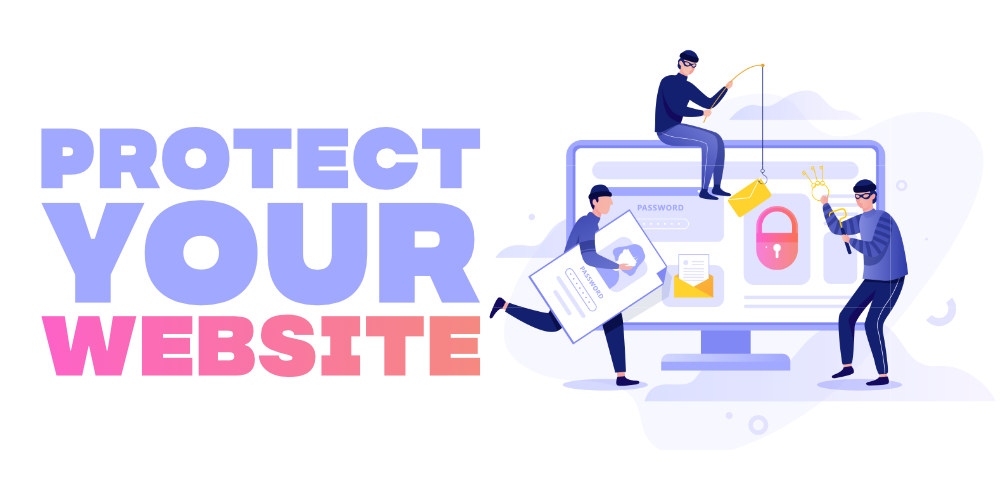The Importance of Website Security
Your website is often the first point of contact for customers and clients, making it a vital part of your brand and business operations. Securing your website is essential not only for protecting sensitive information but also for maintaining customer trust and business continuity. In a world where cyberattacks are increasingly common, website security is a fundamental requirement for every business owner.
Risks of an Unsecured Website
An unsecured website is vulnerable to a wide range of threats, including hacking, data breaches, malware infections, and defacement. Attackers can exploit vulnerabilities to steal customer data, inject malicious code, hijack user sessions, or even take control of your entire site. The fallout from such incidents can be devastating—leading to financial losses, legal penalties, and irreparable damage to your reputation.
Common Website Threats
Modern websites face numerous security risks such as cross-site scripting (XSS), SQL injection, phishing scams, brute-force attacks, and man-in-the-middle (MiTM) exploits. These threats can compromise your database, redirect visitors to malicious sites, or disrupt your online services. Even a single vulnerability can provide an entry point for cybercriminals, putting your business and customers at risk.
How Business Owners Can Avoid Website Security Risks
Business owners can significantly reduce their risk by adopting proactive security measures. Keeping all website software, plugins, and platforms up to date is a critical first step in closing known vulnerabilities. Implementing strong password policies and enabling multi-factor authentication (MFA) for all accounts greatly reduces the risk of unauthorized access. Regularly scanning your website for vulnerabilities and malware helps identify and address weaknesses before they can be exploited.

Building Trust Through Security Best Practices
Securing your website with SSL certificates ensures that all data transmitted between your users and your server is encrypted. Limiting user permissions, validating form inputs, and using web application firewalls further protect your site from common attacks. Training your staff to recognize phishing attempts and social engineering tactics enhances your overall security posture and helps prevent breaches caused by human error.
The Business Value of a Secure Website
Investing in website security is about more than just technology—it’s about safeguarding your reputation, complying with data protection regulations, and providing a safe environment for your customers. A secure website builds trust, supports business growth, and ensures that your online presence remains a valuable asset rather than a potential liability.

